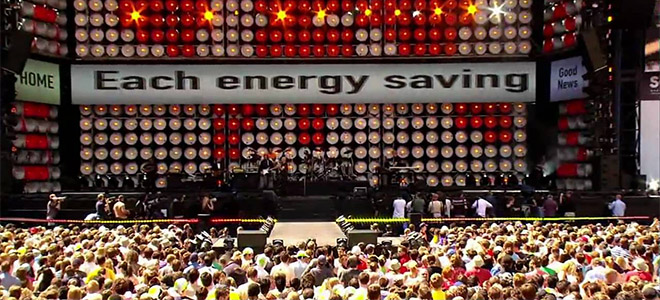
by Michael Goodman, Jo Littler, Dan Brockington and Max Boykoff
Part of a Special Issue co-edited by Max Boykoff in Environmental Communication, 2016
As we move firmly into the so-called Anthropocene – an era defined by human-induced global environmental change, neoliberal, consumer capitalism and the unprecedented flow of media, knowledge and communication – how is it that we know about the environment? More specifically: how is it we know about human–environment relationships – those tension-filled, ever-present, often-obscured, but inescapable relationships that are most likely overlain by some form of a market? How do we know about the ecological destruction embedded in these current human–environment relationships? How do we know what to do about the increasingly solid specters of climate change and irretrievable biodiversity losses as well as the ordinarily polluted cities and fields many live in and count on for survival?
As we and the authors of this special issue of Environmental Communication contend, given the growing prominence of media and celebrity in environmental politics, we now increasingly know about the environment through different forms, processes and aspects of the spectacle and, in particular, the spectacular environments of a progressively diverse media-scape. Moreover – and forming the core focus of this issue – we argue that we are more and more being told about how to “solve” ecological problems through spectacular environmentalisms: environmentally-focused media spaces that are differentially political, normative and moralized and that traverse our everyday public and private lifeworlds.
The contributions published here derive from a series of UK-based Arts and Humanities Research Council (AHRC) Research Network-funded seminars and our own research projects. Hailing from a range of different disciplines including geography, media and cultural studies, environmental science, anthropology, sociology and development studies, we came together to try to better understand the relationships amongst spectacular forms of media and environmental issues. Initially prompted by the editors’ interests in celebrity politics in the context of global humanitarianism (Brockington, 2014; Goodman, 2010; Goodman & Barnes, 2011; Littler, 2008), philanthrocapitalism (Goodman, 2013; Littler, 2009, 2015) and the environment (Boykoff & Goodman, 2009; Boykoff, Goodman, & Curtis, 2009; Boykoff, Goodman, & Littler, 2010; Brockington, 2008, 2009; Goodman & Littler, 2013) – as well as by key media and environment texts by those in our network (Anderson, 2014; Doyle, 2011; Hansen, 2010; Lester, 2010; Maxwell & Miller, 2012) – our collective conversations ranged across the multiplicity of meanings produced through environmental mediation, the role of media industries in ecological politics, pro-environmental celebrity promotion, anti-environmental greenwashing, the locations of agency in environmental change and the psychosocial affective dis/connections with more-than-human natures.
Put another way, our interests lie in critically examining the contemporary cultural politics of the environment – those contested processes by which environmental meanings are constructed and negotiated across space, place and at various scales which, in this case, involve assemblages of science, media, culture, environment and politics. As the contributions to this issue demonstrate, these assemblages involve not only the “clear and present” spectacle-ized representations that gain traction in diverse media discourses, but also the many reverberations, feedbacks – and crucially – silences that heavily inform affective relationships with the environment. Interrogating the mediated features of spectacular environmentalisms through its solid and more ghostly forms—both of which are bound to positionalities, material realities and social practices (Hall, 1997) – illuminates questions of how power and influence infuse the constructions of varied environmental knowledges, norms, conventions and “truths.” In short, these politicized media processes influence a range of equally politicized ways of seeing, being with and relating to diverse environments through the tethering of the spectacular to the discourses and practices of the everyday (de Certeau, 1984; Cox & Pezzullo, 2015; Foucault, 1980). Read more …

